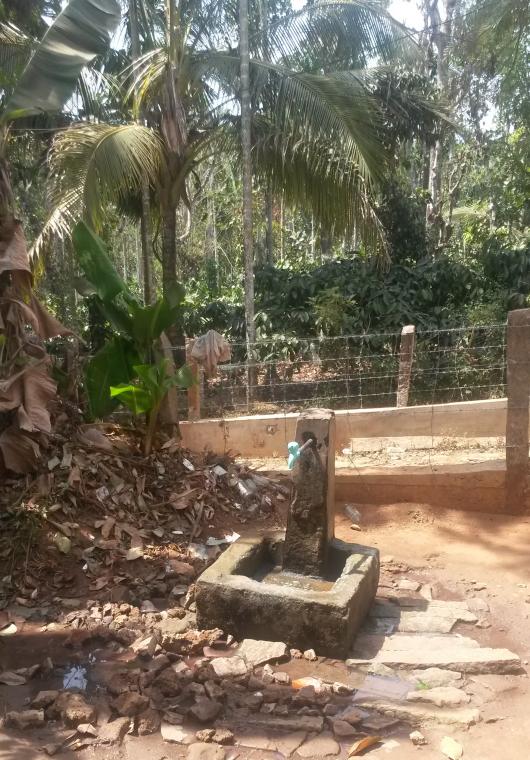Kerala is spending US$ 147 million in 2016-2017 in support of its aim to achieve universal piped water supply by 2021.
Published on: 10/03/2016
The State of Kerala’s high quality human development is renowned for being at par with the western world, despite a comparatively low income, and is often cited as the ‘Kerala model of growth’. In its recently presented Budget 2016-2017 Kerala proposes substantial water, sanitation and hygiene (WASH) sector reforms, again setting a global example. The State will provide money for creating a community post-construction support fund; will incorporate recurrent costs for water supply schemes; commits to recharging all its 4.5 million open wells; and will set up a Kerala River Basin Authority to cover its 44 small rivers. These small rivers are facing serious threats of sustainability as most of them dry up during the summer.
The Chief Minister of Kerala, who is also the Finance Minister, has announced the setting up of an innovative Public Service Delivery Incubator (PSDI) for improved and sustainable service delivery in water and sanitation. According to Dr. V. Kurian Baby, who is the Secretary, Finance (Resources), Government of Kerala, in charge of the budget preparations, these new initiatives proposed by the Government are truly a watershed in WASH sector reforms in India and an exemplary application of the Triple-S (sustainable services at scale) framework drawn up by IRC.
Other proposals in the Budget include the setting up of an umbrella organisation, the Kerala Rural Water Supply Association, for the 10,000 community schemes, which are supplying piped water to over 3,300,000 people in rural areas. The Government is also committed to providing universal piped water supply by 2021 and is ensuring 24 x 7 water availability in selected areas in 2016-2017, allocating US$ 147 million to the water sector. An amount of US$ 15 million has been earmarked for 2016-2017, exclusively for capital maintenance expenditure (CapManEx) for replacing and rehabilitating old schemes to achieve sustainable service delivery of drinking water.

The State’s massive scheme to recharge all its 4.5 million open dug wells through roof water harvesting will be the largest such experiment in the world. The Budget also promises to meet additional material cost required in creating assets that could make sustainable sanitised wells an integral part of water security. This will be achieved through scaling up the successful Mazhapolima model by local governments. Dr. V. Kurian Baby implemented this model when he was the District Collector for Thrissur. The State has reserved US$ 3.71 million to set up the Solid Waste Management Company to address the challenges around waste management.
The complete 2016-2017 Kerala State Budget is available online.